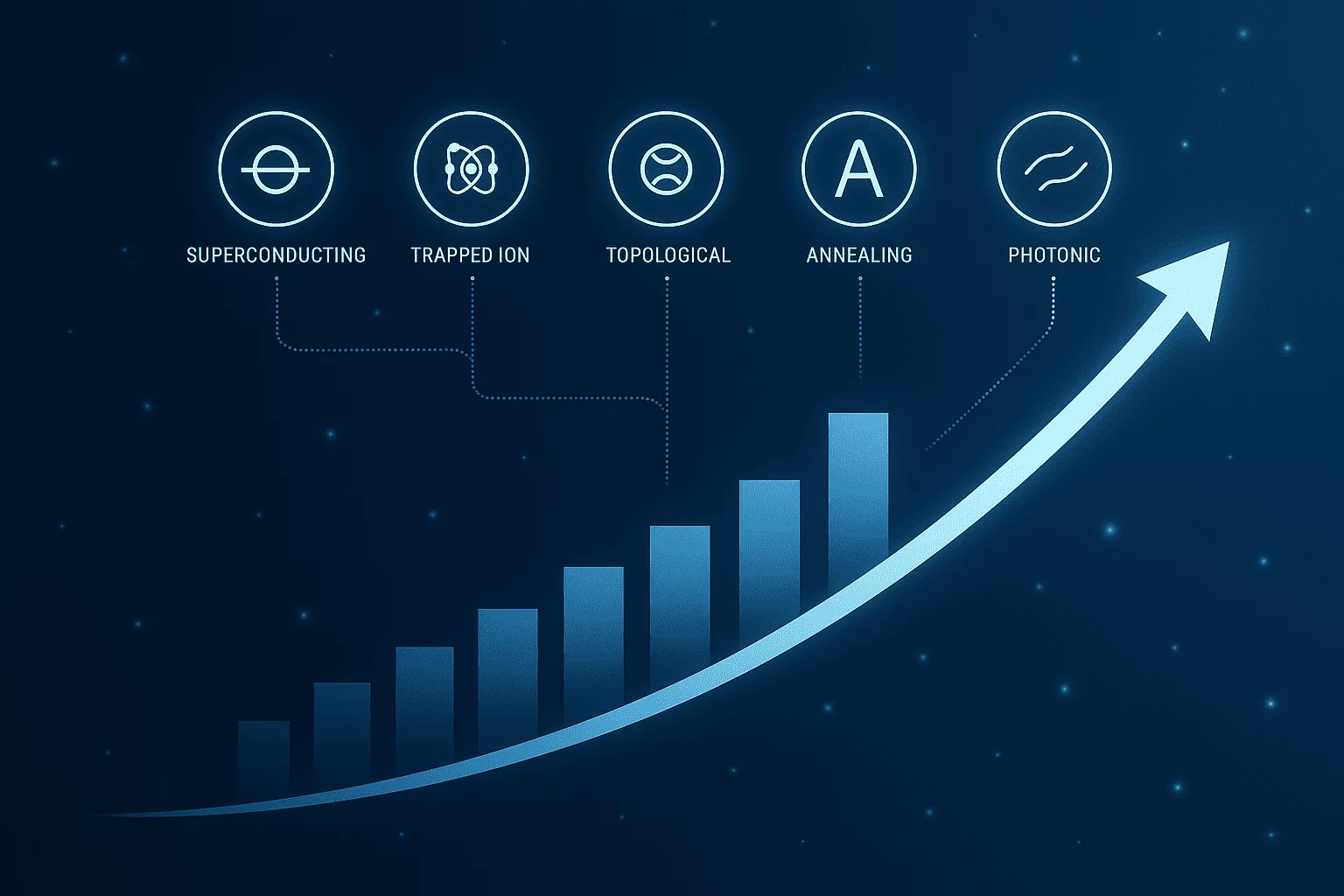In February 2025, the U.S. Consumer Price Index (CPI) increased by 0.2% on a seasonally adjusted basis, following a 0.5% rise in January. Over the past 12 months, the all-items index rose by 2.8%, down from 3.0% in the previous period.
Food and Energy
The food index edged up by 0.2% in February. Food away from home saw a 0.4% increase, while food at home remained unchanged. Notably, the index for meats, poultry, fish, and eggs rose by 1.6%, driven by a 10.4% surge in egg prices.
Energy prices experienced a modest uptick of 0.2%. Gasoline prices decreased by 1.0%, but this was offset by increases in electricity (1.0%) and natural gas (2.5%).

Core Inflation
Excluding food and energy, core inflation rose by 0.2% in February, a slowdown from January’s 0.4% increase. Over the past year, the core index climbed by 3.1%.
Shelter costs, a significant component, increased by 0.3%, accounting for nearly half of the overall CPI rise. Medical care services saw a 0.3% increase, while used cars and trucks prices went up by 0.9%.
Market Reactions
Despite the cooler inflation data, financial markets remained cautious. Investors are concerned about escalating trade tensions, particularly President Trump’s announcement of a 25% tariff on steel and aluminum imports. The European Union and Canada have signaled intentions to retaliate, raising fears of a global trade war.
These developments have overshadowed the positive inflation news, leading to increased market volatility. Bond yields, which initially fell on the CPI report, reversed course amid trade concerns.
Federal Reserve Outlook
The Federal Reserve is likely to interpret the February inflation data as a sign of moderating price pressures. However, the potential economic impact of new tariffs adds uncertainty to the monetary policy outlook. The Fed may adopt a cautious stance, balancing the need to support growth while keeping inflation in check.
Conclusion
February’s CPI report indicates a slight easing in inflation, with both headline and core measures showing modest gains. However, external factors, notably escalating trade tensions, pose risks to the economic outlook. Policymakers and investors will need to navigate these challenges carefully in the coming months





